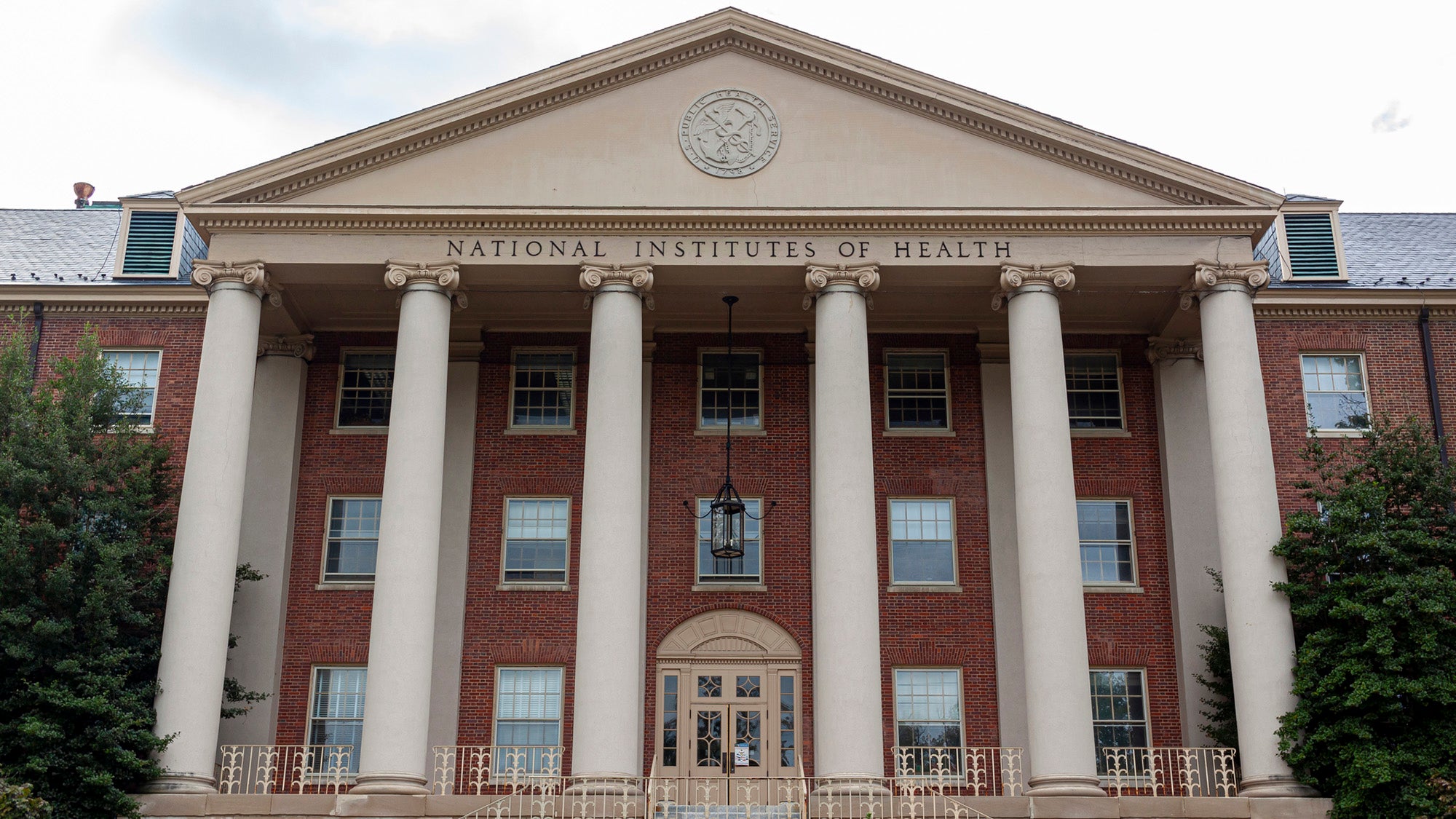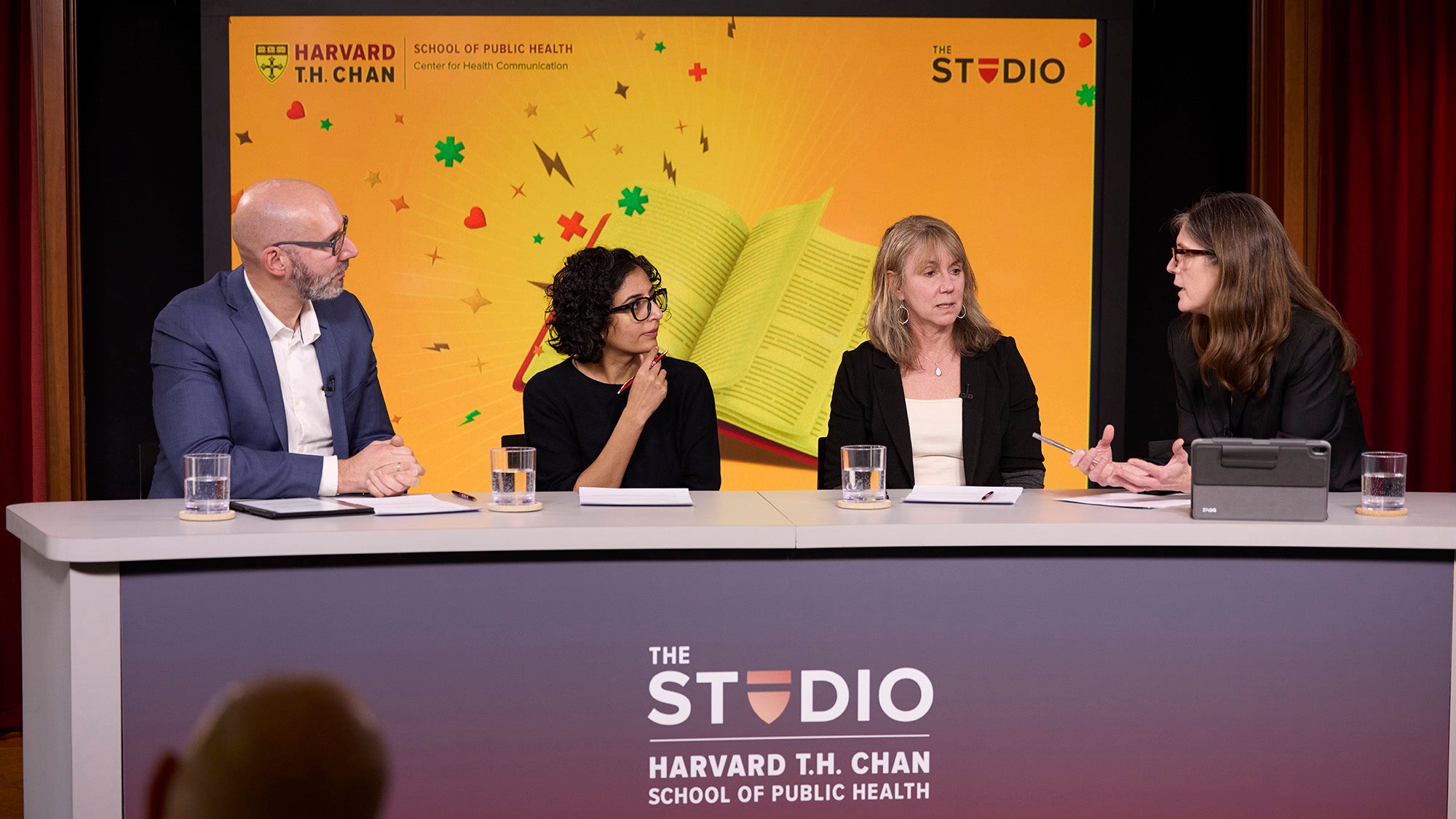Experts say COVID-19 is endemic. What does that mean?

August 28, 2024 — Since the start of the COVID-19 pandemic, Bill Hanage, associate professor of epidemiology at Harvard T.H. Chan School of Public Health, has been a leading voice in the media, helping the public understand the disease’s evolution. He recently spoke with the New York Times and NPR about the ambivalence characterizing Americans’ attitudes and approaches around COVID during this summer’s surge, and how to understand the disease’s current phase.
The August 27 Times article noted that case numbers are currently high, but hospitalizations and deaths have not reached the levels of previous surges. Masks in public are rare and many people have stopped bothering to test or isolate when they feel ill. As official guidelines and social expectations have shifted, the landscape for navigating one’s own risk can feel trickier.
These shifts reflect what many experts are now saying about COVID: that it has moved from a pandemic to an endemic phase. While epidemiologists’ definitions of endemic can vary, Hanage said in the article, it generally means a constant presence rather than a disruptive outbreak. By that definition, “we’re definitely there” with COVID, he said.
Hanage told the Times that the strict preventive measures seen early in the pandemic were “not just appropriate, but absolutely necessary.” But, he added, “it is just as important to help people onto an off-ramp—to be clear when we are no longer tied to the train tracks, staring at the headlights barreling down.”
But just because COVID is endemic doesn’t mean it’s nothing to worry about anymore, he explained in an August 9 NPR story. “Endemic doesn’t necessarily mean good,” he said. “Tuberculosis is endemic in some parts of the world, and malaria is endemic in some parts of the world. And neither of those are good things.”
Read New York Times article: On the Covid ‘Off-Ramp’: No Tests, Isolation or Masks
Listen to the NPR story: Is COVID endemic yet? Yep, says the CDC. Here’s what that means
Photo: danielvfung / Istock


